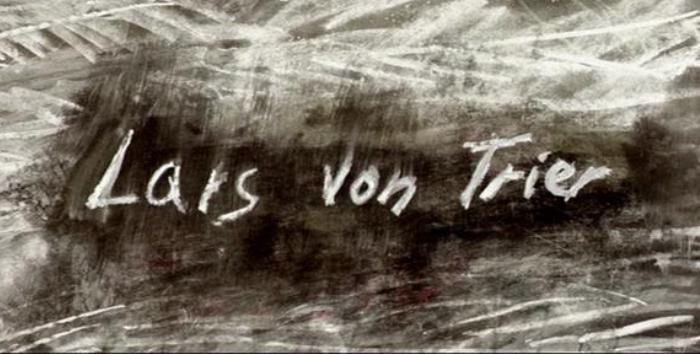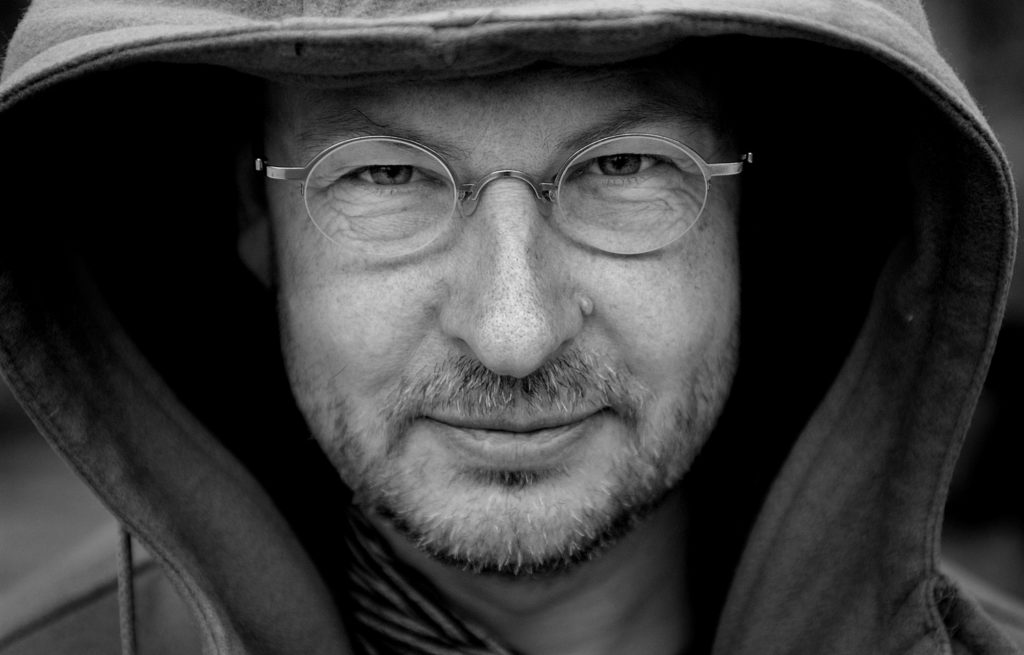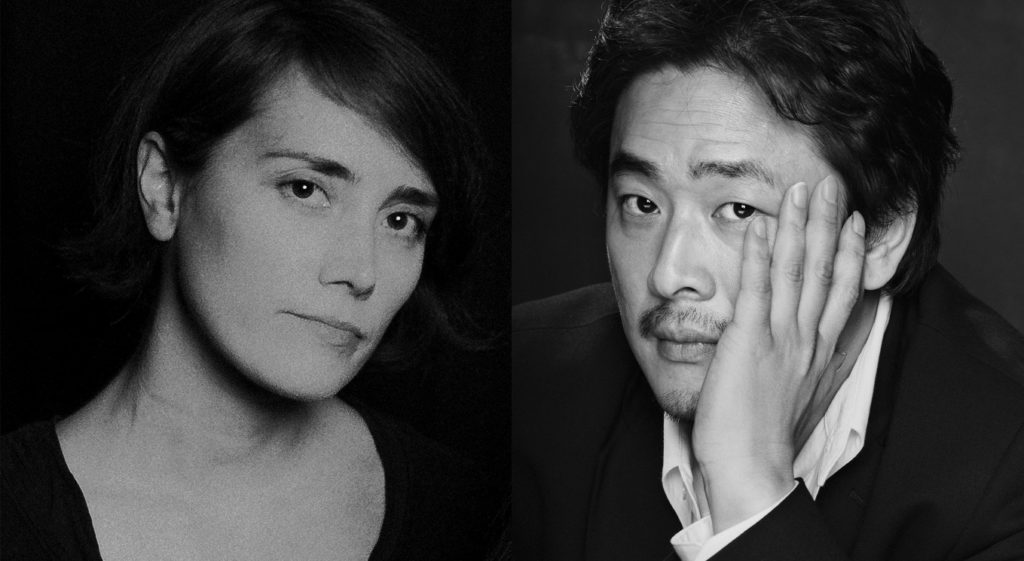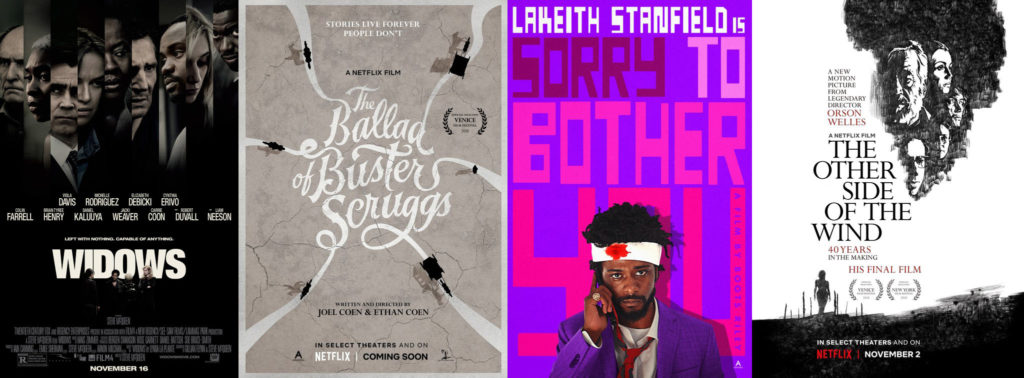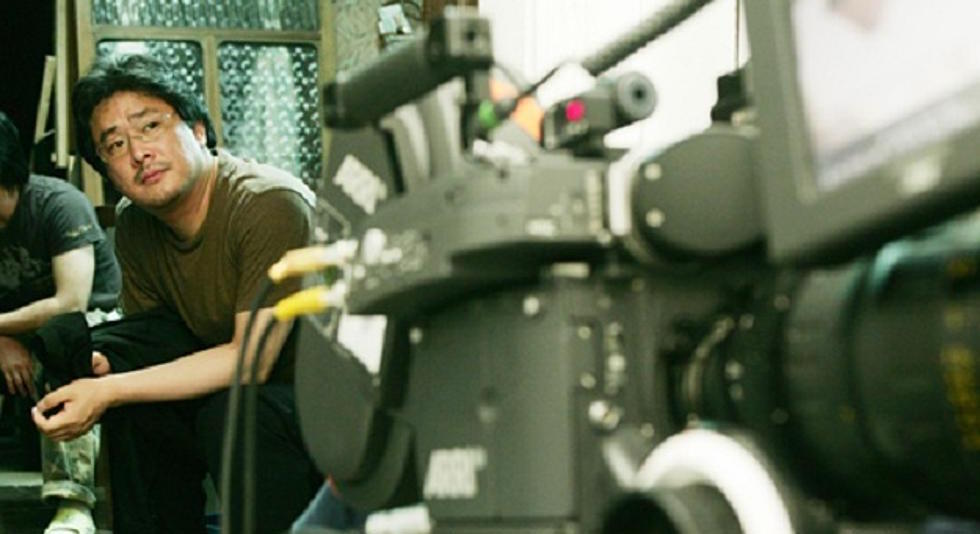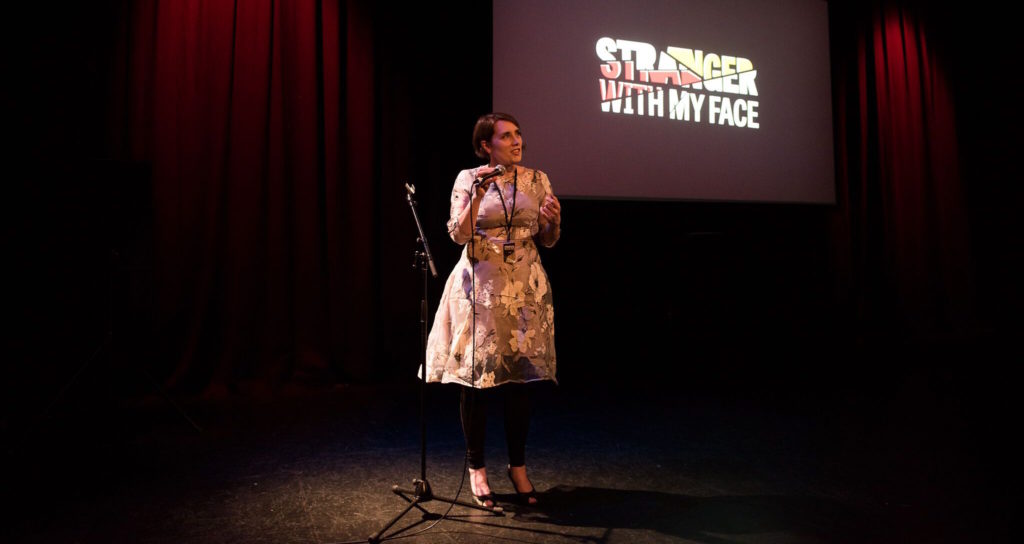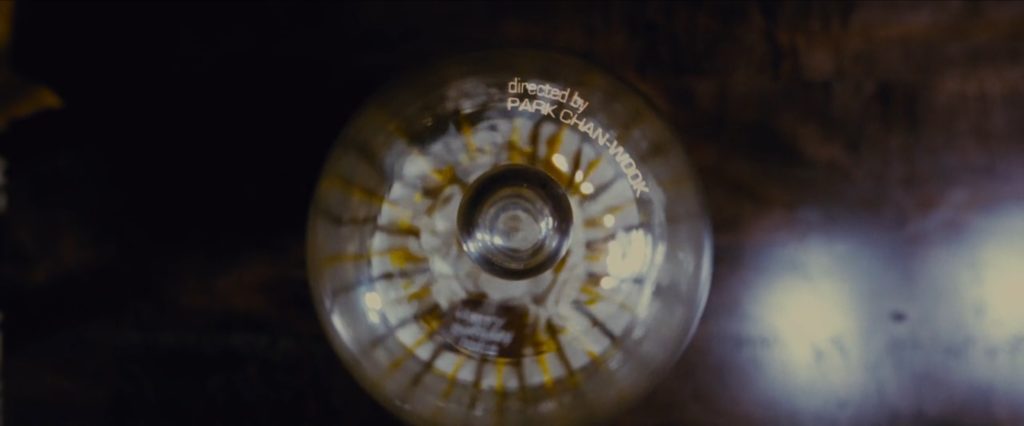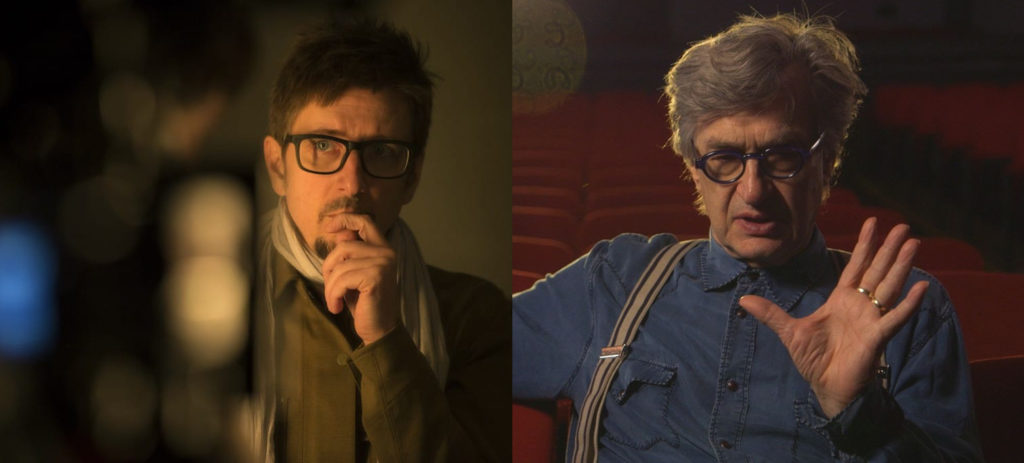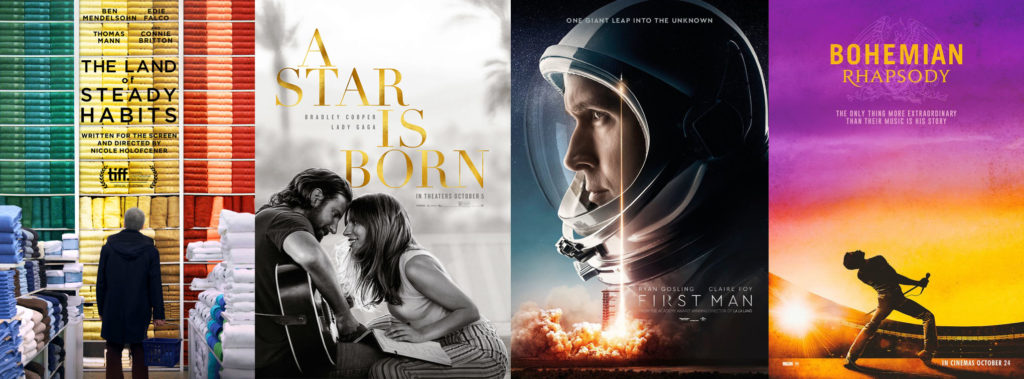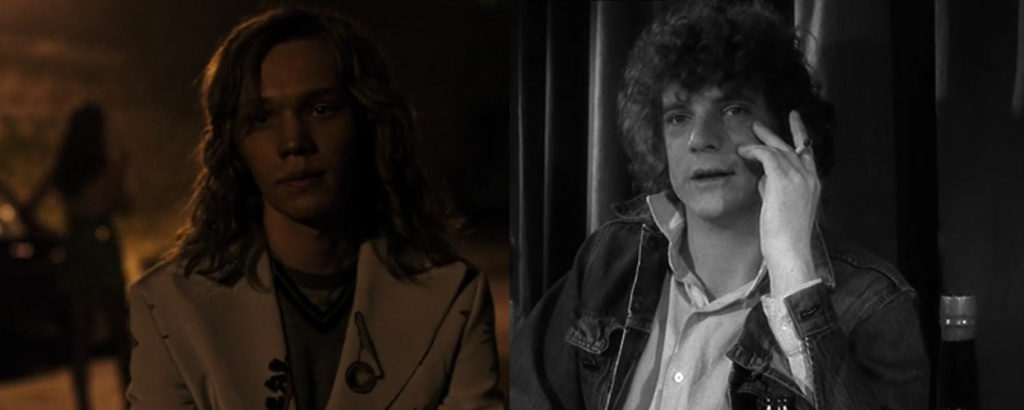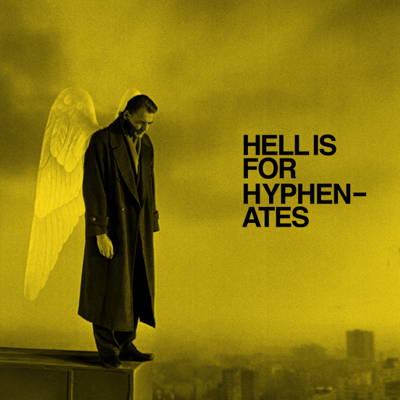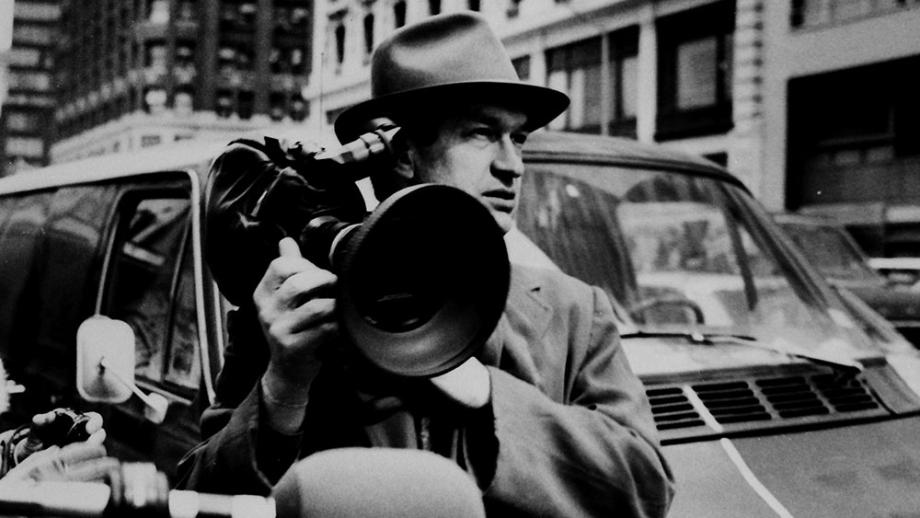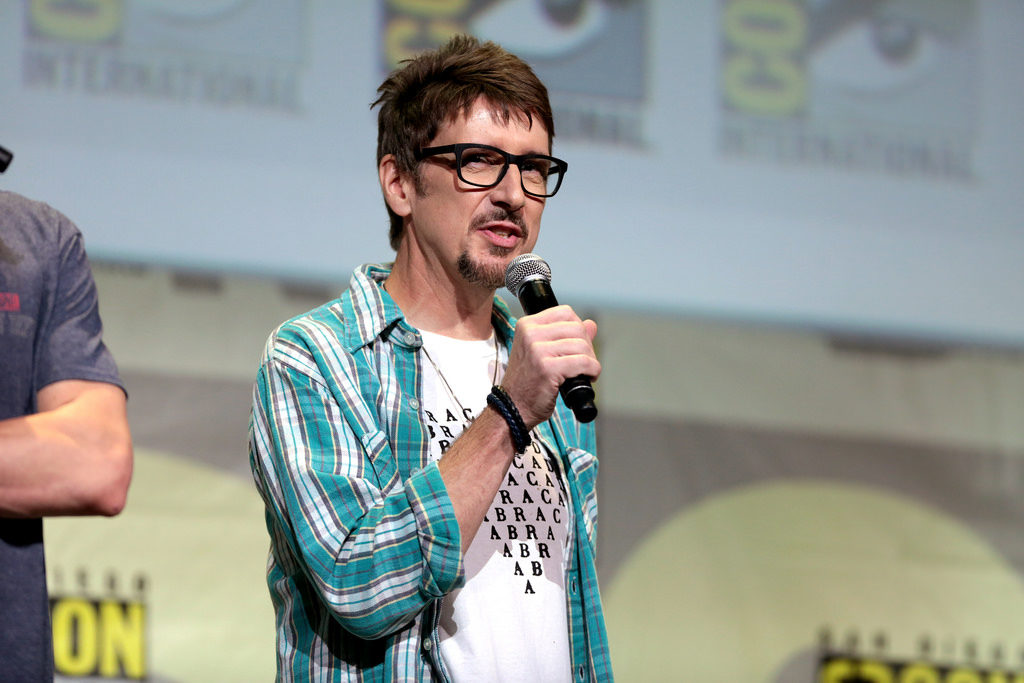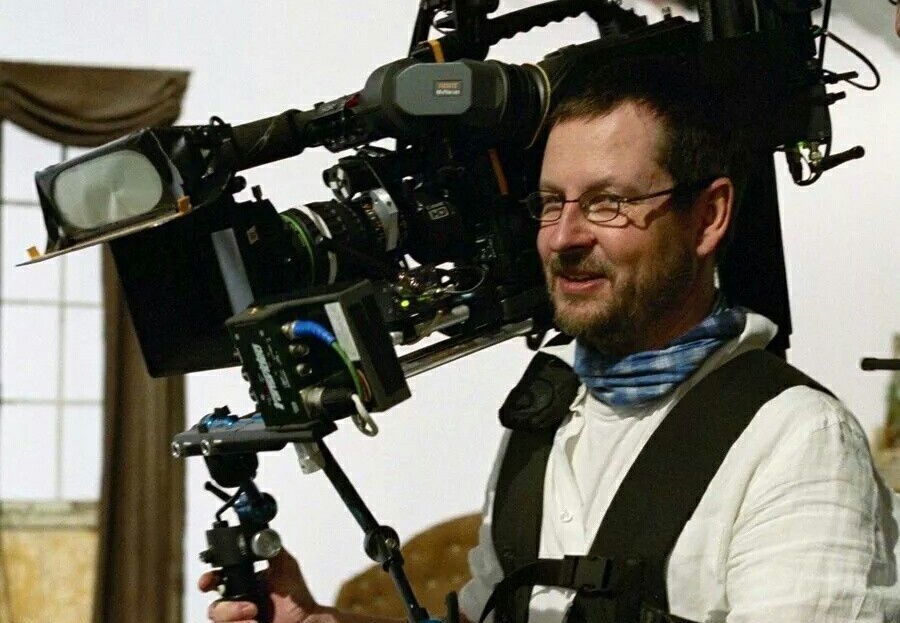
Want to become an instant expert in our filmmaker of the month without committing yourself to an entire filmography? Then you need the Hell Is For Hyphenates Cheat Sheet: we program you a double feature that will not only make for a great evening's viewing, but will bring you suitably up-to-speed before our next episode lands…
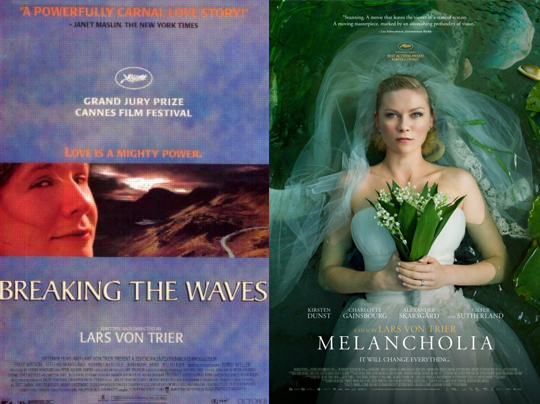
BREAKING THE WAVES (1996) and MELANCHOLIA (2011)
The work that put Von Trier on the map was 1996's Breaking the Waves, a film about one woman's pain exploited by the society around her. Which doesn't really help distinguish it in the Von Trier oeuvre if we're being honest. But with a vérité style and a phenomenal performance from Emily Watson, it's a film that is as intense a watch today as it was 22 years ago. Follow that up with Melancholia, the second part of Von Trier's cheerfully-titled Depression Trilogy. Lars sinks his legs into proper genre territory, with planetary collision an unlikely yet effective metaphor for depression. Watch these films back-to-back (if you can), and you should have some idea of what drives the Danish Defeatist.
Substitutions: If you can't get or have already seen Breaking the Waves, seek out Dancer in the Dark (2000). The bleakest musical you'll ever see feels is the third part of Von Trier's Golden Heart Trilogy, because the man is more obsessed with thematic trilogies than Krzysztof KieÅ›lowski. If you can't get or have already seen Melancholia, get your hands on Antichrist (2009). This story of grief, depression, and the insidious side of nature will make you want to scissor off your private parts faster than you can intone “CHAOS REIGNSâ€.
The Hidden Gem: Want to see something off the beaten path, a title rarely mentioned when people talk about the films of Lars Von Trier? Then you should track down Medea (1988). Von Trier made this adaptation for television, and it's as close as you'll see to a filmmaker origin story happening in real time. Tackling literature's ur-woman scorned - as well as the profoundly grim shock of the plot twists - pretty much laid out the path Von Trier would follow for the bulk of his films.
The next episode of Hell Is For Hyphenates, featuring Cassandra Magrath talking the films of Lars Von Trier, will be released on 31 December 2018.


